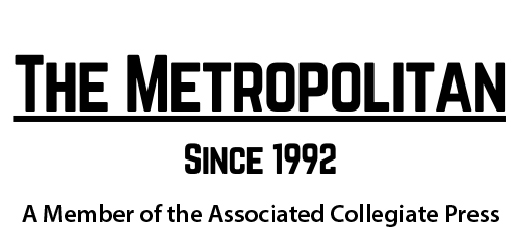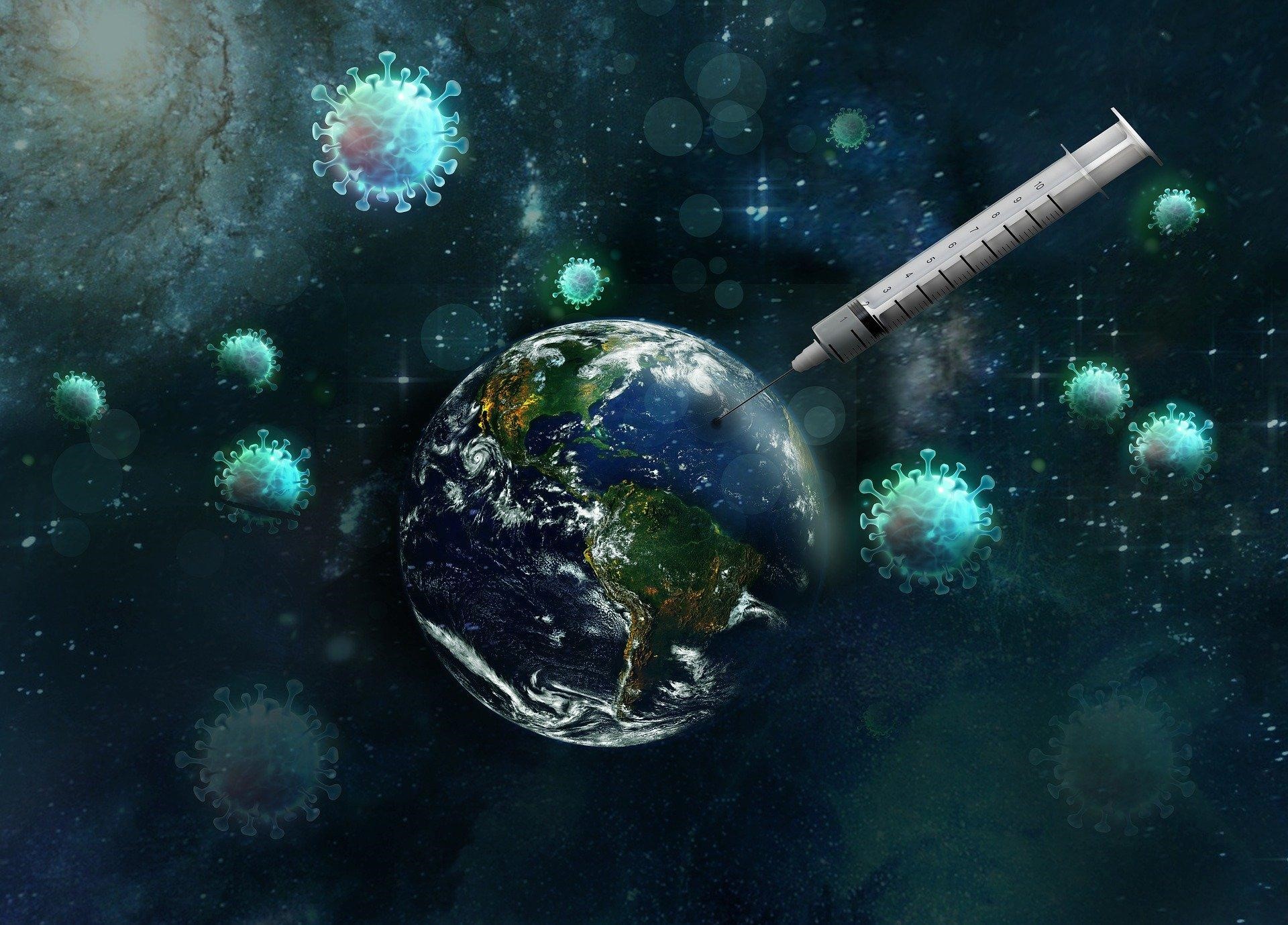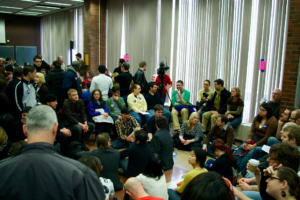Nathan Hoyhtya
In 2019, the WHO named the anti-vaccine movement as among the top ten leading global threats. Later that year, the world was introduced to the COVID-19 virus. As a nation now with over 3.6 million cases and 138 thousand deaths from COVID-19, you would think America would be the most eager country to embrace a COVID-19 vaccine, if developed.
Not as much as you might expect. Polling data released in June from the Washington Post and ABC News shows 27% of people would either definitely not or probably not get the vaccine. A step in the right direction when you consider earlier polling data said one-half the US population would reject a COVID-19 vaccine if offered.
How come so many people are concerned about taking vaccines? The overwhelming body of scientific evidence supports that vaccines are safe. Even those familiar with how vaccines are developed, approved and monitored may not all agree vaccines are safe for them. In extremely rare cases, they may be right. People sometimes do have legitimate medical reasons that are keeping them from getting the protection they would normally receive in a vaccine.
For example, no one would demand any cancer patient going through chemotherapy to be first in line when a COVID-19 vaccine does arrive. Their compromised immune system may not respond well to the dead or weakened virus, and the best precedence may be for that person to not take the vaccination.
Would it matter if that same cancer patient lived in a nursing home where the dangers of COVID-19 are commonplace? With anyone coming close or visiting them (who hasn’t been vaccinated) potentially transmitting a deadly disease, I certainly think it would matter.
There are real people with unfortunate circumstances that leave their protection dependent upon the healthy members of society systemically immunizing themselves. When the public is allowed excuses stretching from religious views to naturalistic views and unsupported scientific claims, we lose the collective herd immunity that once protected us and those who have true medical exemptions.
Most Americans are aware that should we proceed in future years without any vaccine—the exact same way 2020 thus far has gone—we will never reach an immunity that safely protects everyone. There will be no real solution brought forward to defeat the pandemic causing so much disease and death. COVID-19 will be allowed to linger as long as vaccine hesitancy is taken as a valid excuse.
What can and should we do about it? We can use the days before a COVID-19 vaccine does arrive to educate those who might otherwise listen to the anti-vaccination movement. We can share information about the extensive testing researchers perform which ensures a vaccine is safe before being released to market. We can comfort those with concerns of side effects with the knowledge that the CDC and FDA continuously monitor public safety risk factors from all vaccinations using the Vaccine Adverse Event Reporting System, Vaccine Safety Datalink, Post-Licensure Rapid Immunization Safety Monitoring and Clinical Immunization Safety Assessment Project.
We can restore society’s faith and trust that our doctors, who work so diligently weighing possible benefits against potential risks for us, are always keeping our best interests and safety at heart.


